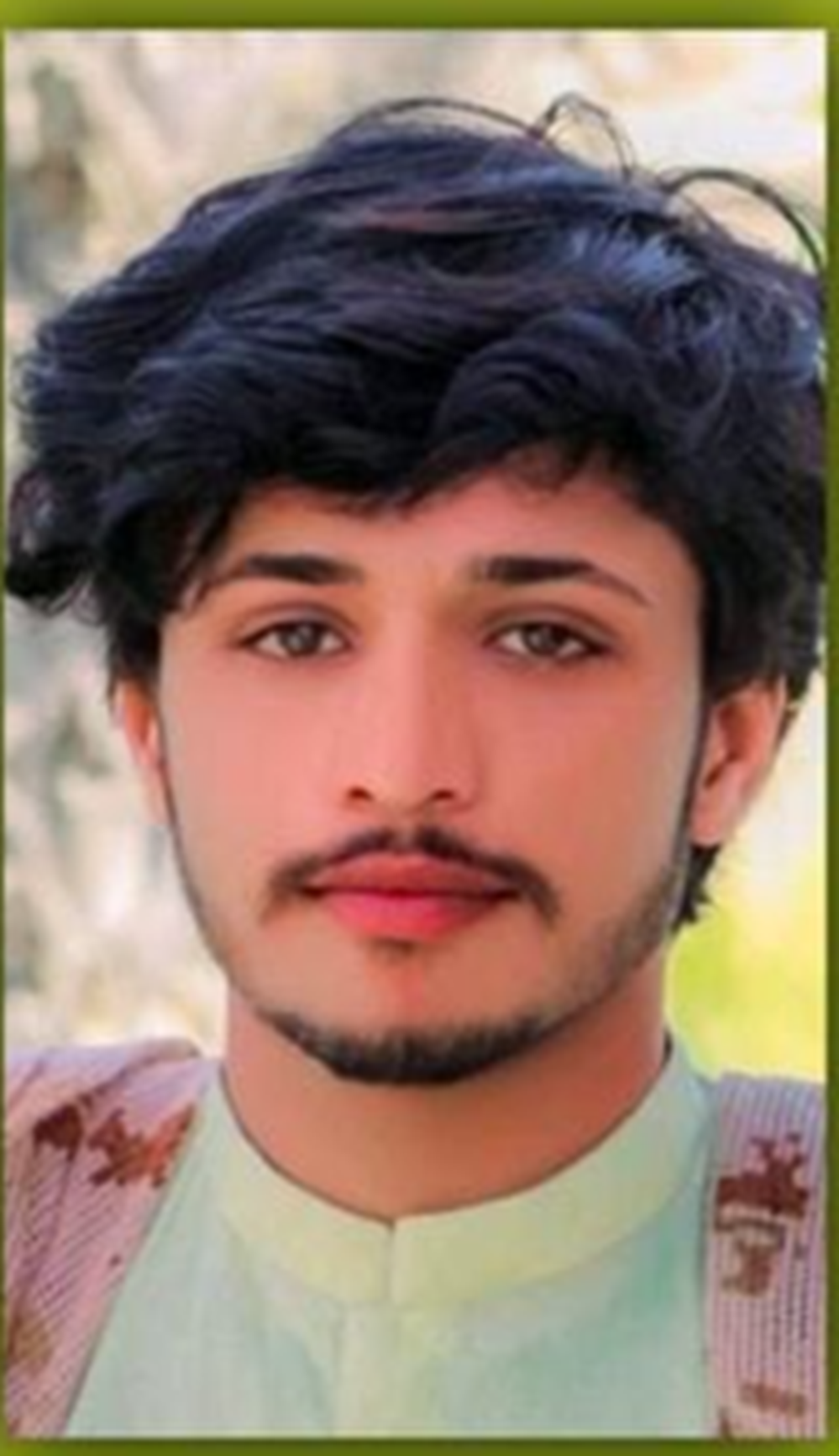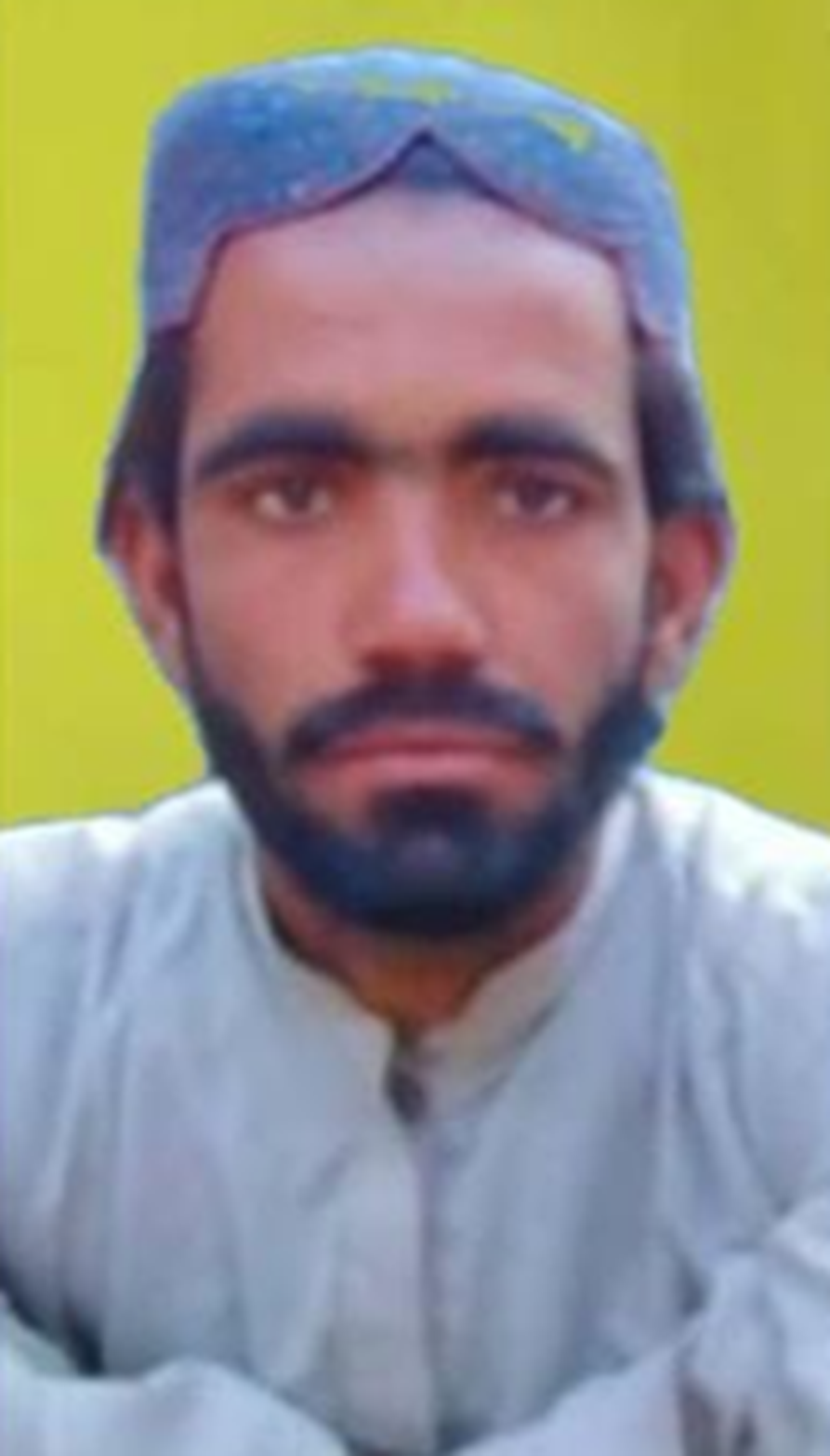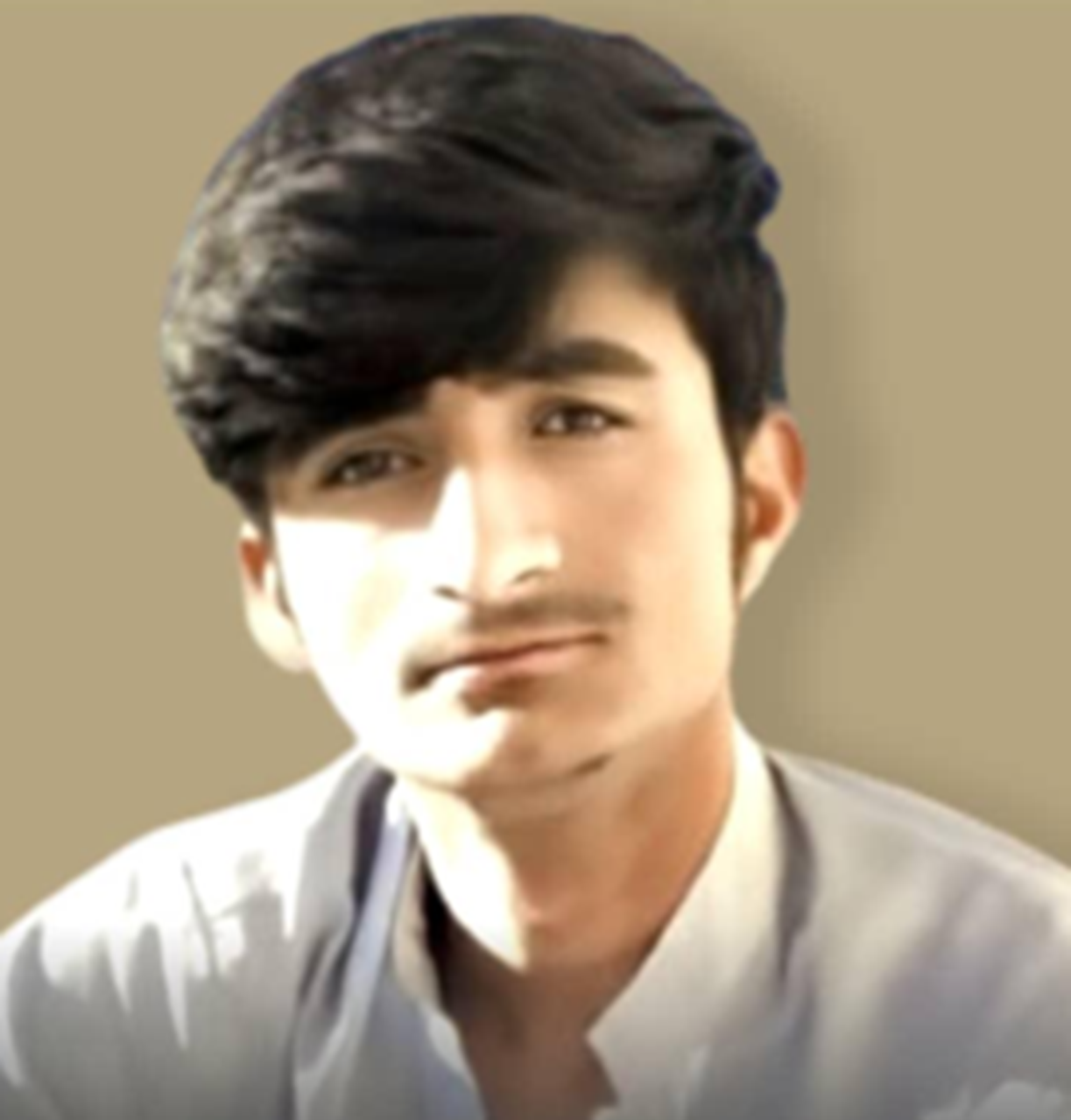This report delves into the disturbing phenomenon of enforced disappearances and staged encounters plaguing in Balochistan. It sheds light on the systematic targeting of innocent civilians by Pakistani intelligence agencies, resulting in extrajudicial killings and a climate of fear and oppression. Drawing on documented cases and reports from human rights organizations, it reveals the harrowing experiences of victims and their families, who endure prolonged suffering in their quest for justice. The report also highlights the complicity of state authorities in perpetuating these grave human rights violations, underscoring the urgent need for accountability and reform.
The occurrences of staged encounters targeting innocent civilians in Balochistan is deeply concerning and troubling, where individuals are being subjected to enforced disappearance by Pakistani intelligence agencies and later killed in fake encounters.
Among the victims are predominantly political activists and students who endure prolonged periods of detention marked by torture and inhumane treatment. Tragically, these individuals are then subjected to staged encounters without being presented before any court of law.
Balochistan has witnessed at least five rebellion movements since the inception of Pakistan. The most recent wave began in the early 2000s.
Despite efforts to seek political solutions, the Pakistan Army’s response to the Baloch movement has involved a violent crackdown, leading to the killing and disappearance of thousands of Baloch individuals. Sadly, many of those who went missing later turned up dead, frequently exhibiting signs of torture on their bodies.
According to the United Nations Working Group on Enforced or Involuntary Disappearances report of 2016, stated that in Balochistan, more than 14,000 people were missing.
The Baloch Human Rights Organization has confirmed that at least 75 people were extrajudicially killed in Balochistan in the year 2023.
Mostly the fake encounters are claimed by counter-terrorist department of police, who declare them as terrorists. It has been observed that both the Counter-Terrorism Department (CTD) and the Pakistan Army have a documented history of involvement in staged encounters and unjustly implicating individuals in fabricated cases.
On February 3, 2024, the Inter-Services Public Relations (ISPR) issued a statement declaring that 24 terrorists had been neutralized in a military operation conducted in the Mach area of Bolan. This operation was launched in response to a recent assault by a Baloch militant pro-independence group in Mach.
However, subsequent investigations revealed that four of the deceased individuals were identified as previously reported as enforced disappearances und some of the cases were registered with Baloch Human Rights Organizations.
The identities of the deceased individuals were confirmed as follows.
- Bashir Ahmed son of Haji Khan Marri, resident of Mashriqi Bypass Quetta, who was forcibly disappeared on 2 July 2023.
- Arman son of Nihal Khan Marri, resident of Mashriqi Bypass Quetta, who was forcibly disappeared on 2 July 2023.
- Sobadar son of Gulzar khan Tengani resident of main kor area of district Harnai, who was forcibly disappeared on 9 September 2023.
- Shakil son of Ramzan resident of Mishk area of Zehri district Khuzdar.




The family members of Bashir and Arman were also actively involved in a sit-in camp in Islamabad. The sit-in organized in front of the NPC by the Baloch Yakjehti Committee (BYC) against enforced disappearances and extrajudicial killings.
They tirelessly pleaded with the government to bring back their forcibly disappeared loved ones, yet all their appeals fell on deaf ears. Ultimately, they were devastated to receive the mutilated bodies of their young relatives, who had been victims of a staged encounter.

On February 5th, when the family members went to the Civil Hospital Quetta to receive the deceased bodies, they were coerced into signing an unlawful form falsely stating that the individuals were claimed to have links with militants and were labeled as terrorists. The family members refused to comply, and after a large demonstration, their bodies were eventually handed over to them.

